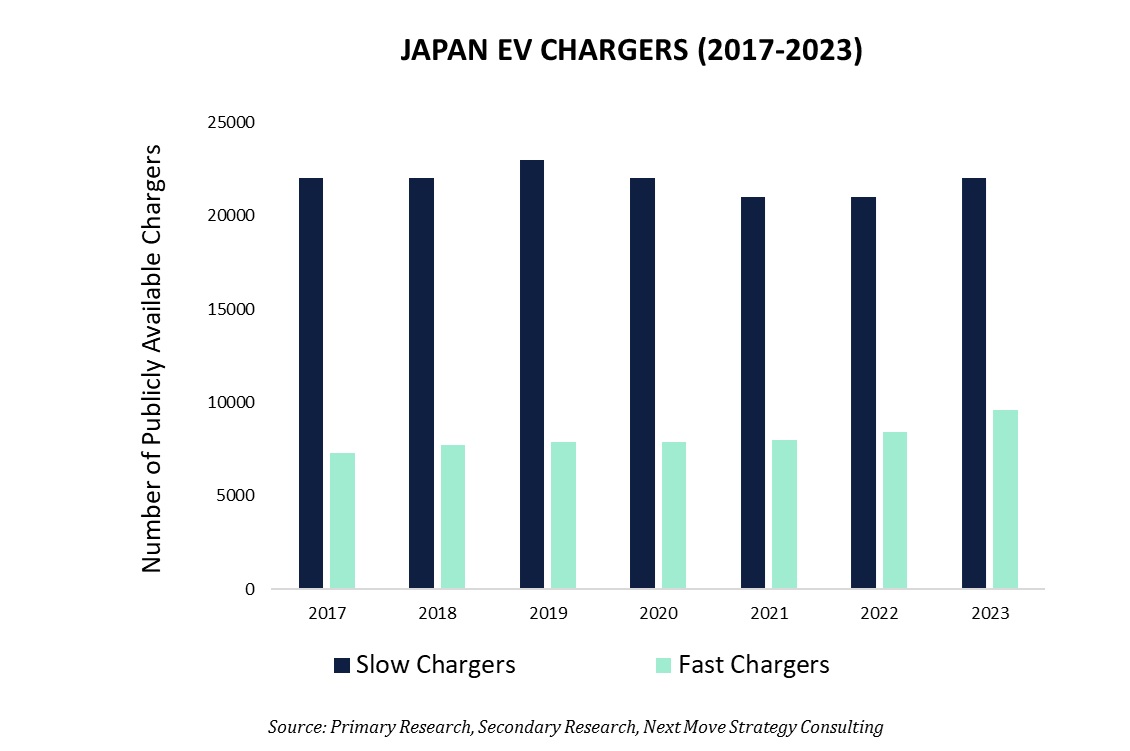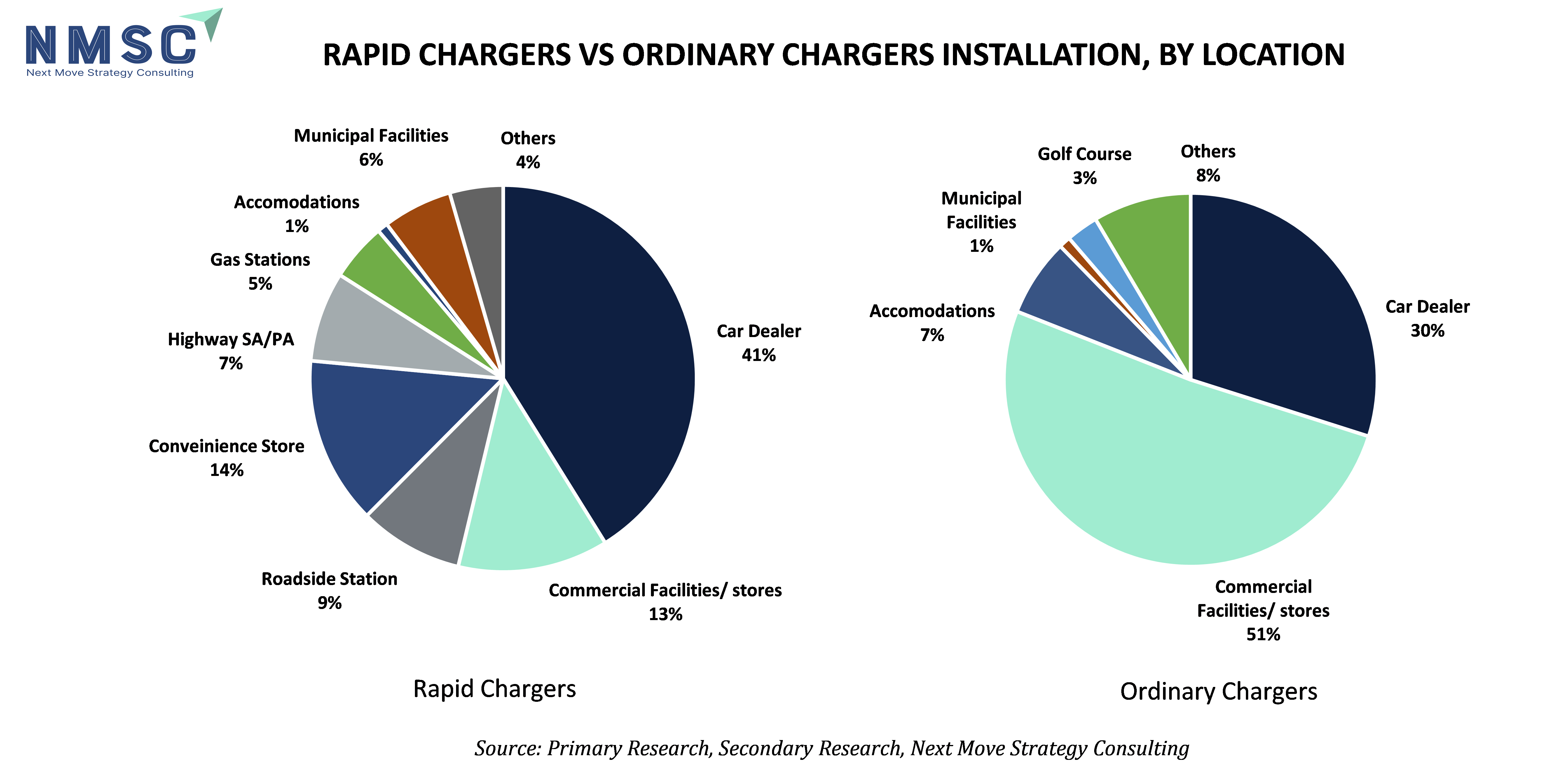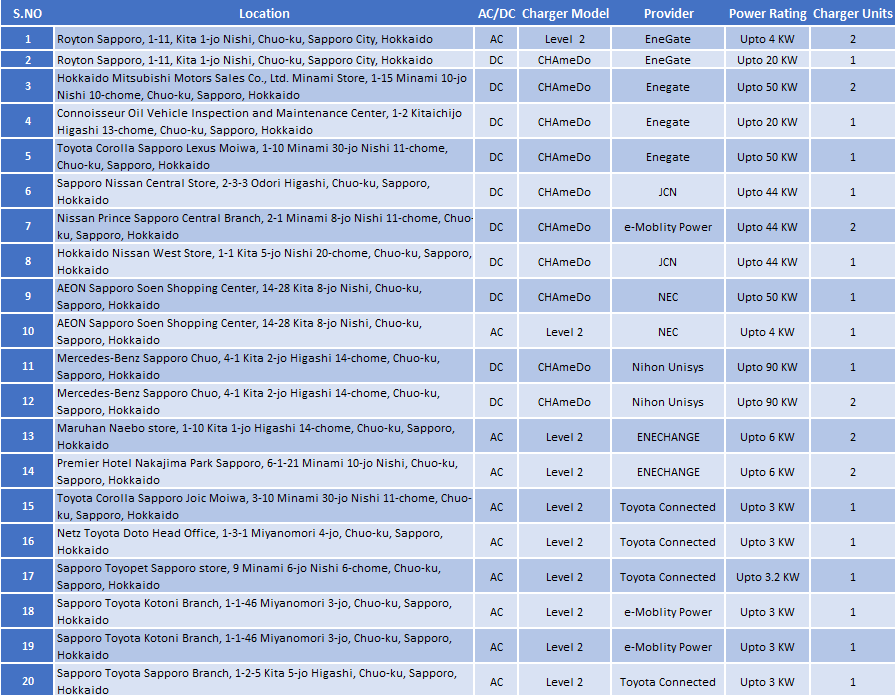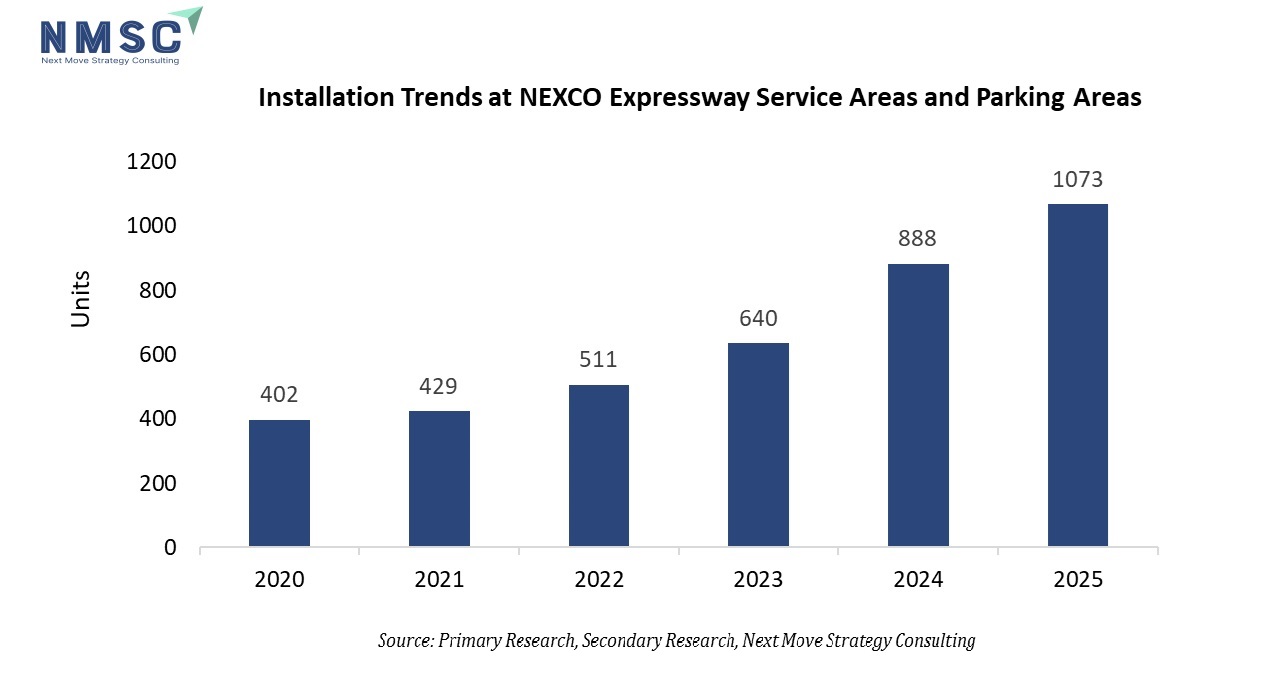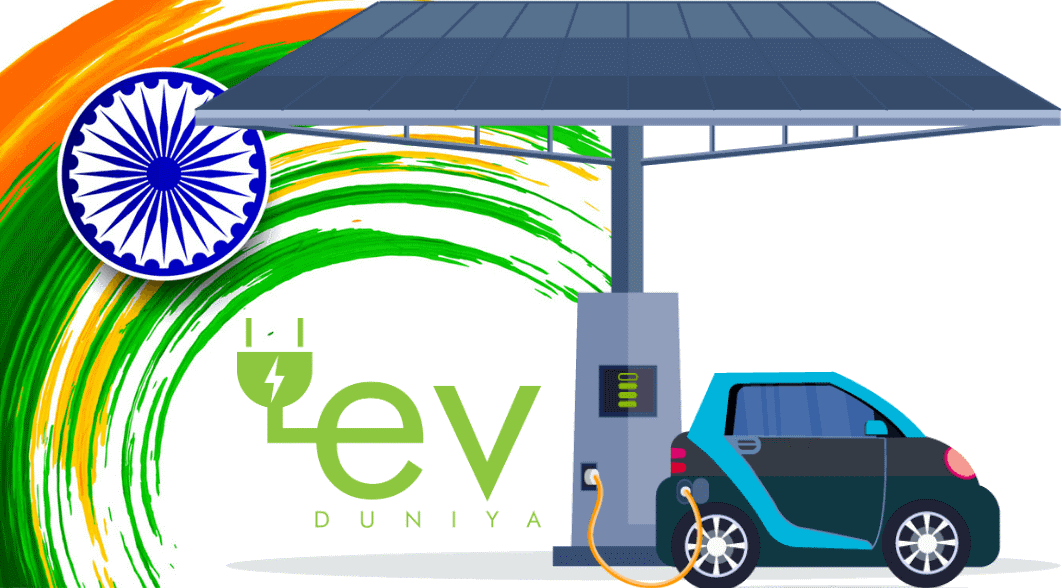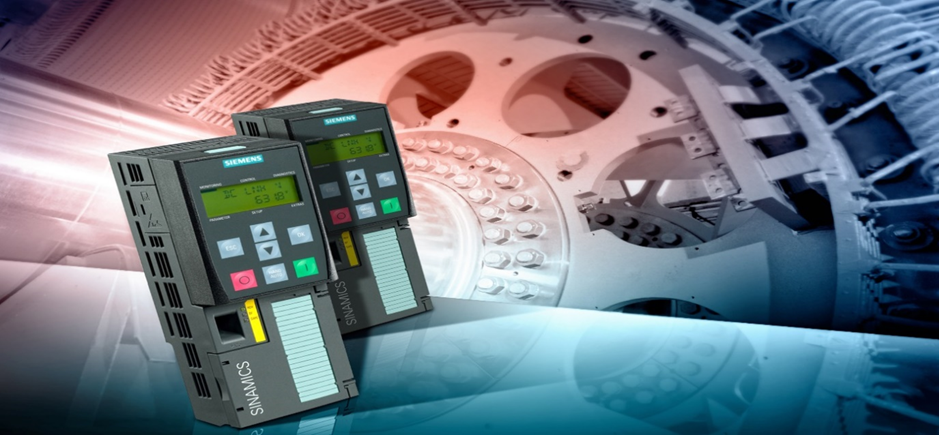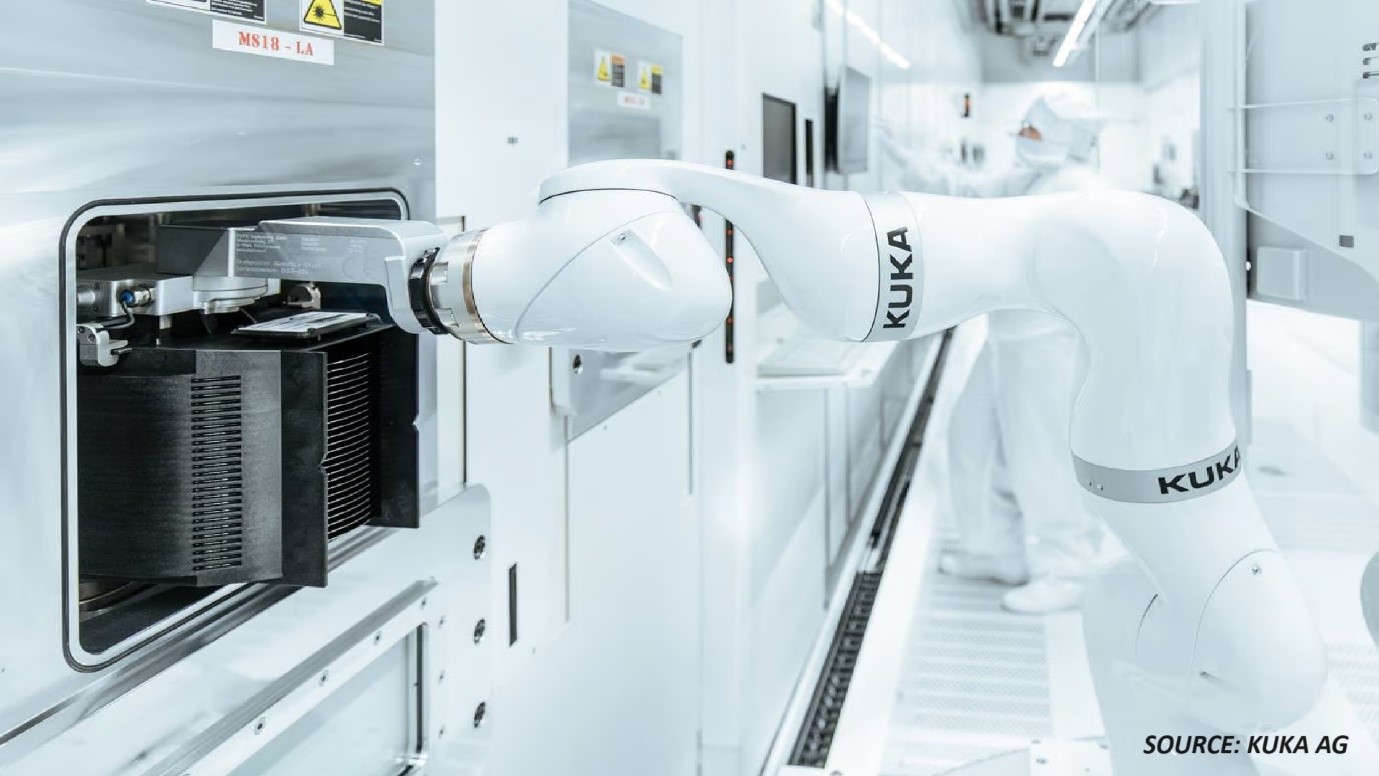Evaluating Japan’s 30,000+ Electric Vehicle (EV) Charging Stations Based on Various Parameters
24-Oct-2024
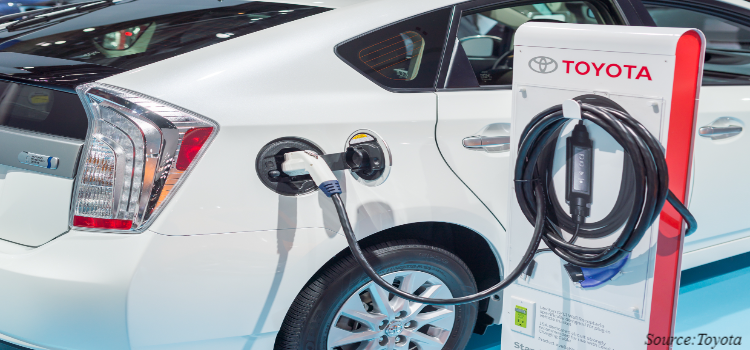
Japan has been at the forefront of electric vehicle (EV) adoption, driven by government initiatives, technological advancements and a commitment to reducing carbon emissions. The country's EV charging infrastructure evolved significantly over the past decade to support the growing number of electric vehicles on the road.
Japan set an ambitious target to reduce its greenhouse gas emissions as part of its commitment to addressing climate change. The country aims to cut its emissions by 46% by 2030, and will continue to make strenuous efforts to potentially reach a 50% reduction goal. As of now, Japan already achieved an approximate 20% reduction in emissions, indicating that the country is on track to meet its 2030 target.
Japan's commitment to emissions reduction and EV adoption is majorly driving the demand for EV chargers across the country. The country's efforts to expand its charging network, support technological innovation, and promote environmental sustainability will create a favorable environment for the growth of the EV charging industry.
FACTORS PROGRESSING THE EV CHARGING INFRASTRUCTURE INITIATIVES ACROSS JAPAN
1. Promoting the adoption of electric vehicles (EVs): Japan has been at the forefront of EV adoption, with government support, extensive charging infrastructure, and technological innovations. As per the International Energy Agency (IEA), total number of EV chargers were only 11,500 units in 2014 that has significantly increased to 31,600 units in 2023. This is a tremendous increase of 175% in the overall EV chargers across the country within the span of nine years.
2. Investing in renewable energy sources: Japan is focusing on increasing the share of renewable energy in its power generation mix to reduce reliance on fossil fuels. As per the U.S. Energy Information Administration (EIA), the share of Japan’s electricity generation by renewable energy was estimated to contribute 26% in 2022 which is projected to reach 38% by 2030.
3. Implementing energy efficiency measures: The country is implementing policies and programs to improve energy efficiency across various sectors, such as industry, transportation, and buildings. For instance, Japan introduced its new Green Growth Strategy in line with Carbon Neutrality in 2050” in December 2020. This demonstrates Japan's commitment to transitioning to a low-carbon economy and promoting renewable energy sources.
4. Supporting research and development in clean technologies: Japan is investing in R&D to drive innovation in areas such as carbon capture, utilization, and storage (CCUS), hydrogen, and advanced biofuels. As per the IEA report, Japan's ambitious goal of 800,000 fuel cell vehicles by 2030 necessitates a robust network of charging stations. Also, Japan aims for 50-60% renewables by 2050, with 30-40% from nuclear/thermal (CCUS) and 10% from hydrogen/ammonia as per the Green Growth Strategy.
ROLE OF E-MOBILITY IN JAPAN'S EV CHARGING INFRASTRUCTURE
E-mobility is pivotal in advancing Japan's EV charging network, driving the nation's shift toward sustainable transportation. Companies like eMobility Power lead this effort by managing the "EV Charging Infrastructure Network," aiming to connect 22,000 chargers nationwide through partnerships with over 1,650 companies and local governments. By strategically placing rapid and ordinary chargers at key locations including commercial facilities and municipal sites, eMobility Power ensures convenient access for drivers, supporting the broader adoption of EVs and reducing carbon emissions. This expanding network is key to Japan’s clean energy future.
Request for Sample: Download Now
OVERVIEW OF EV CHARGING STATIONS ACROSS JAPAN
Next Move Strategy Consulting (NMSC) database provides detailed information on electric vehicle (EV) charging stations located throughout Japan. We have categorized these stations by charger type (AC/DC), model (Level 2 and CHAdeMO), manufacturer, power rating (3 kW to 90 kW), and charger availability.
These charging stations are strategically located in various settings, including car dealerships, shopping centers, and hotels. Leading manufacturers such as EneGate, e-Mobility Power, and NEC supply these chargers, ensuring a diverse range of options to meet the varying needs of EV drivers.
Purchase the Complete Report here: Order Now
RISING DEMAND FOR EXPRESSWAY CHARGERS’ BOOSTS EV STATIONS IN JAPAN
Expressway chargers in Japan are critical for supporting the growing adoption of electric vehicles (EVs), ensuring drivers can travel long distances with ease. Strategically placed at service and parking areas, these chargers reduce range anxiety and promote eco-friendly transportation, aligning with Japan's goal of achieving carbon neutrality by 2050. The expansion of charging infrastructure by companies such as NEXCO (Nippon Expressway Company Limited) plays a key role in reducing greenhouse gas emissions and fostering a sustainable transport network.
The annual changes in the number of installations at expressway service areas (SAs) and parking areas (PAs) across the three NEXCO companies from 2020 to 2025.
• In 2020, the number of installations was 402, which increased steadily over the years.
• By 2021, installations had risen to 429, showing a slight but consistent growth.
• A more noticeable increase occurred in 2022, with installations reaching 511 units.
• In 2023, the number of installations further jumped to 640, marking a significant boost in efforts by NEXCO.
• The trend continues in 2024, with an expected installation count of 888 units.
• By 2025, the installation numbers are projected to surge to 1,073 units, demonstrating the rapid expansion of infrastructure.
This highlights the increasing focus and investment in infrastructure at expressway SAs and PAs by the three NEXCO companies, with a substantial upward trend in installations from 2020 to 2025. The growing numbers reflect a strong commitment to enhancing the service capabilities at these facilities over time.
In conclusion, Japan is rapidly expanding its EV charging infrastructure to support its ambitious EV adoption goals and commitment to carbon neutrality by 2050. Factors driving this growth include government initiatives, growing demand for EVs, a focus on renewable energy, and investment in clean technologies. Companies such as eMobility Power are playing a key role in building this network, with a target of 22,000 chargers nationwide. Additionally, the expansion of expressway charging stations (NEXCO) is crucial for long-distance travel and reducing range anxiety for EV drivers.
About The Author
 Shyam Gupta is a passionate and highly enthusiastic researcher with over four years of experience. He is dedicated to assisting clients in overcoming challenging business obstacles by providing actionable insights through exhaustive research. Shyam has a keen interest in various industries, including Mobility, Electric Vehicles (EVs), and Transportation infrastructure. He consistently endeavors to deliver valuable perspectives in these areas. In addition to his research work, Shyam enjoys sharing his thoughts and ideas through articles and blogs. During his leisure time, he finds solace in the world of literature and art, often engrossed in reading and expressing his creativity through painting. The author can be reached at info@nextmsc.com
Shyam Gupta is a passionate and highly enthusiastic researcher with over four years of experience. He is dedicated to assisting clients in overcoming challenging business obstacles by providing actionable insights through exhaustive research. Shyam has a keen interest in various industries, including Mobility, Electric Vehicles (EVs), and Transportation infrastructure. He consistently endeavors to deliver valuable perspectives in these areas. In addition to his research work, Shyam enjoys sharing his thoughts and ideas through articles and blogs. During his leisure time, he finds solace in the world of literature and art, often engrossed in reading and expressing his creativity through painting. The author can be reached at info@nextmsc.com
Add Comment
Related Blogs
India’s Growing EV Charging Infrastructure: A Detailed Look at Charge Point Operators in 2023
As India accelerates towards a sustainable and environmental...
Siemens, Emerson and Honeywell: Powerhouses in the Distributed I/O Market
The Global Distributed I/O Market, valued at USD 3.52 billio...
How Kawasaki and Daihen are Shaping the Future of Wafer Handling Robotics
The Wafer Handling Robots Market, estimated at USD 1.60 bill...



